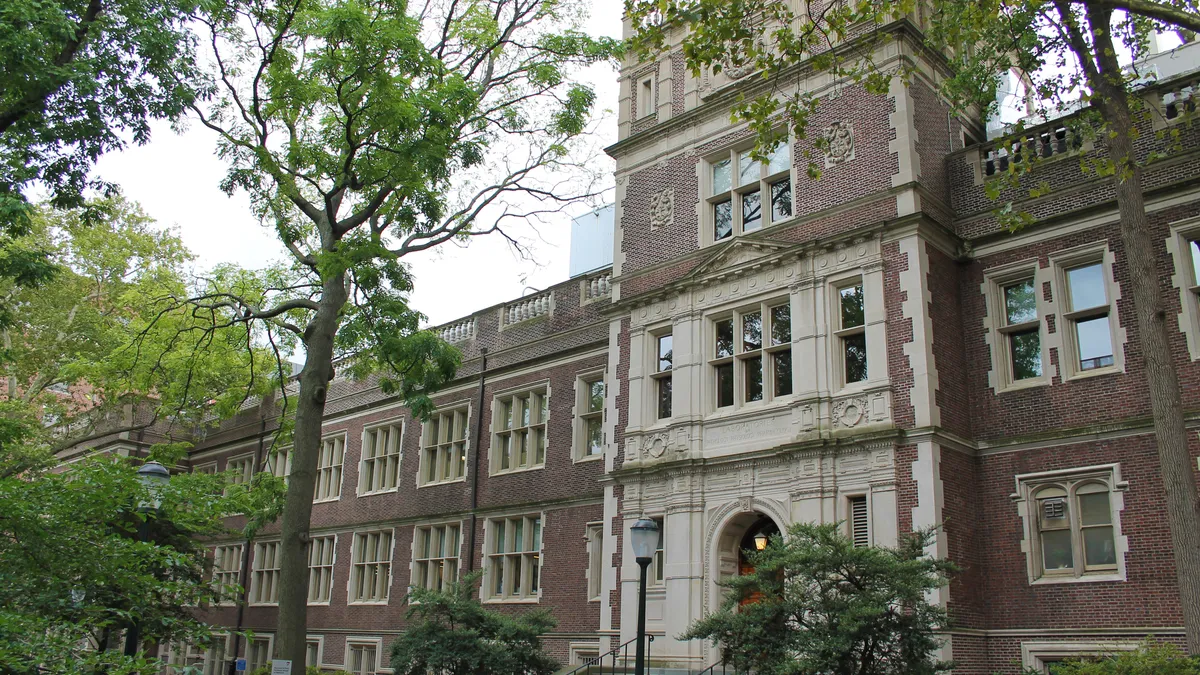A new study from Ivy.ai shows that recent college graduates prefer email over all other methods of communication. According to the newly released Future of Higher Ed Report, 37 percent of students prefer email over all other methods of communication when it comes to interacting with administrators at an institution.
Ivy.ai, an enterprise chatbot and live chat platform for institutions of higher education, found that students prefer email over other methods because of its accessibility from a mobile device while allowing separation between their personal and academic life.
The study is based on an online survey of more than 500 recent college graduates across the United States, to learn their viewpoints on a variety of topics, such as communication preferences, areas of improvement, mental health challenges and more. Ivy.ai released the findings on Sept. 13 to help administrators better prepare for the year ahead.
Many higher education administrators believe that email is dead. In general, the engagement rate in marketing emails is low and students tend to ask questions already communicated through their inboxes.
"The problem with email isn't a matter of students being unwilling to use it," said Mary Frances Coryell, Vice President of Partnerships at Ivy.ai. "It's that students want to communicate on their terms. They only want to use email when they have questions. However, given their experience in the consumer world, students expect prompt response times even if the question is submitted after normal working hours."
In order to better optimize the student experience, institutions need to look for technology that enables students to communicate on the platform of their choosing regardless of department. While students are becoming accustomed to more advanced communication options such as live chat or chatbots at their institution, there is still a lack of familiarity with most college students due to lack of adoption.
The Future of Higher Ed study reported that only 42 percent of students had chatbot support at their institution while nearly one in every five students have little-to-no familiarity with a chatbot at all. As institutions look to attract diverse student populations, including first-generation students, Ivy.ai CEO Mark McNasby believes that inclusion efforts require a bigger commitment to providing support for students in need.
"We've found that many first-generation students are comfortable with email because that's how they are accustomed to getting support," McNasby said. "The problem is that many departments within higher ed are completely understaffed and don't have time to answer emails as fast as a student may desire that response. As a result, they will get frustrated and feel like the institution isn't really after their best interests."
Optimizing current technology is often a struggle for institutions, despite battling an onslaught of emails and phone calls received daily from students. As a result, they have implemented various chatbots and live chat tools to help mitigate the volume of messages they receive.
However, the report points out that forcing students onto a channel with which they're unfamiliar can add unnecessary friction.
"Institutions that are thinking of adding to their tech stack need to not only think about what innovations they can bring to the table, but whether that innovation can also optimize current technology," Ivy.ai's Future of Higher Ed report says.
In order for institutions to mitigate email volume, the study suggests keeping the website up-to-date with frequently asked questions front and center. According to Ivy.ai's research, 63 percent of students usually or always checked their institution's website whenever they had a question.
"Administrators often think that students don't read what is on their institution's website, but the truth is that it just isn't accessible," Coryell said.
Higher education professionals can find insights and recommendations from the report by downloading the report from Ivy.ai.






